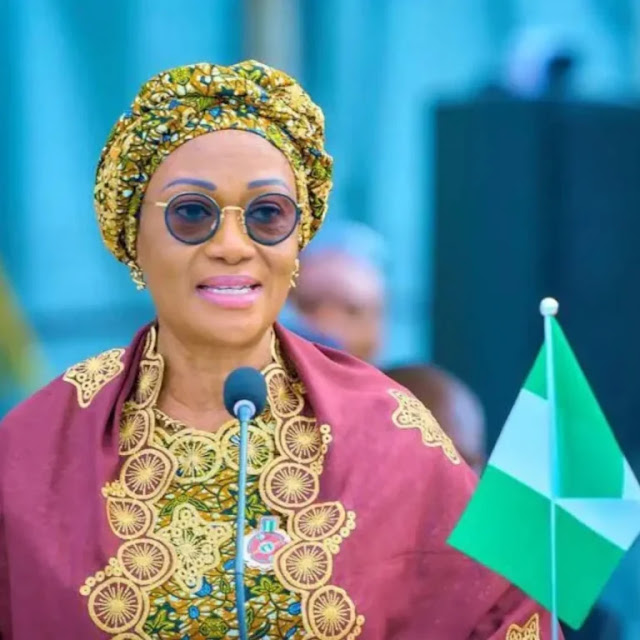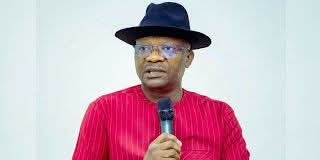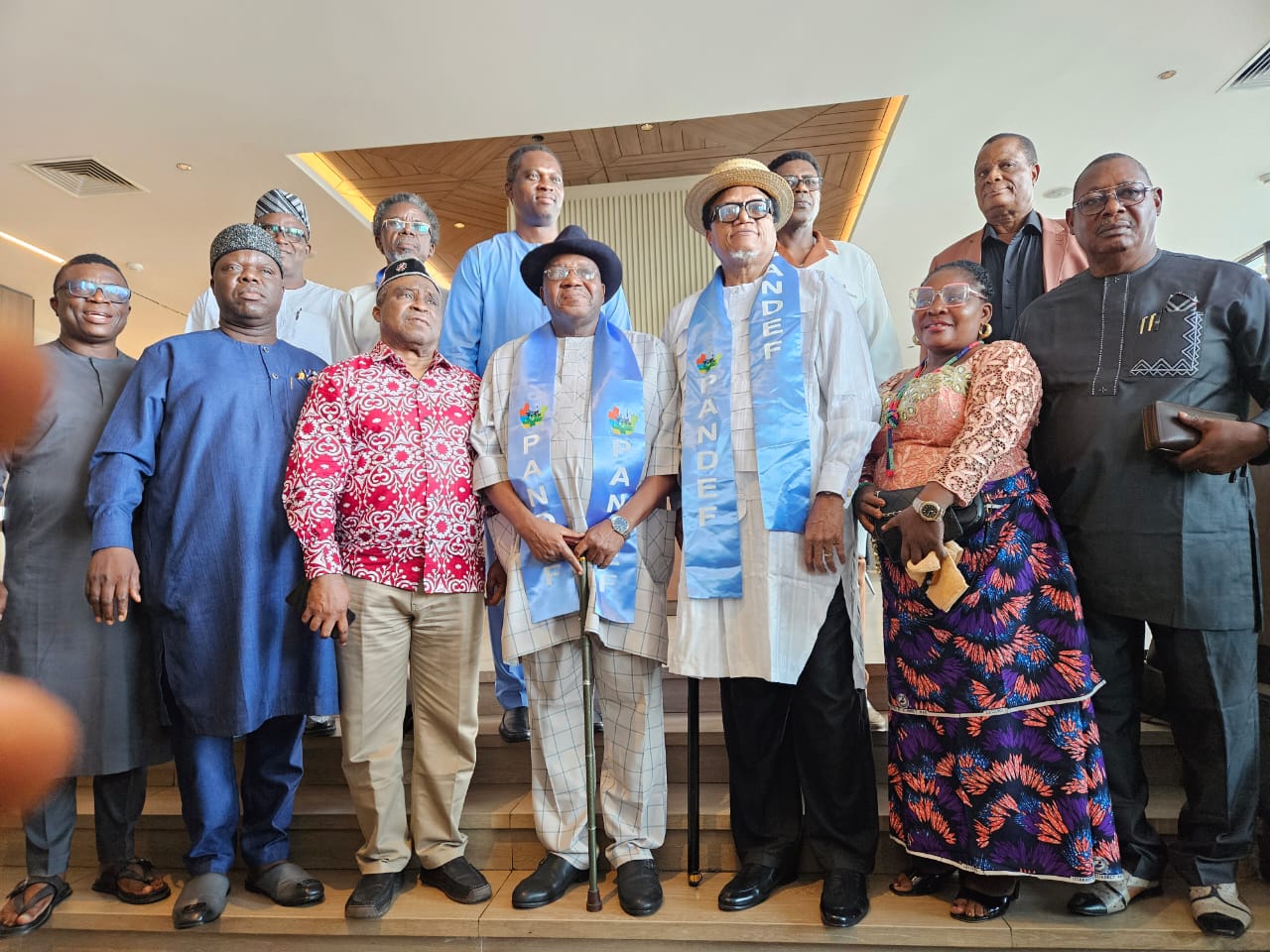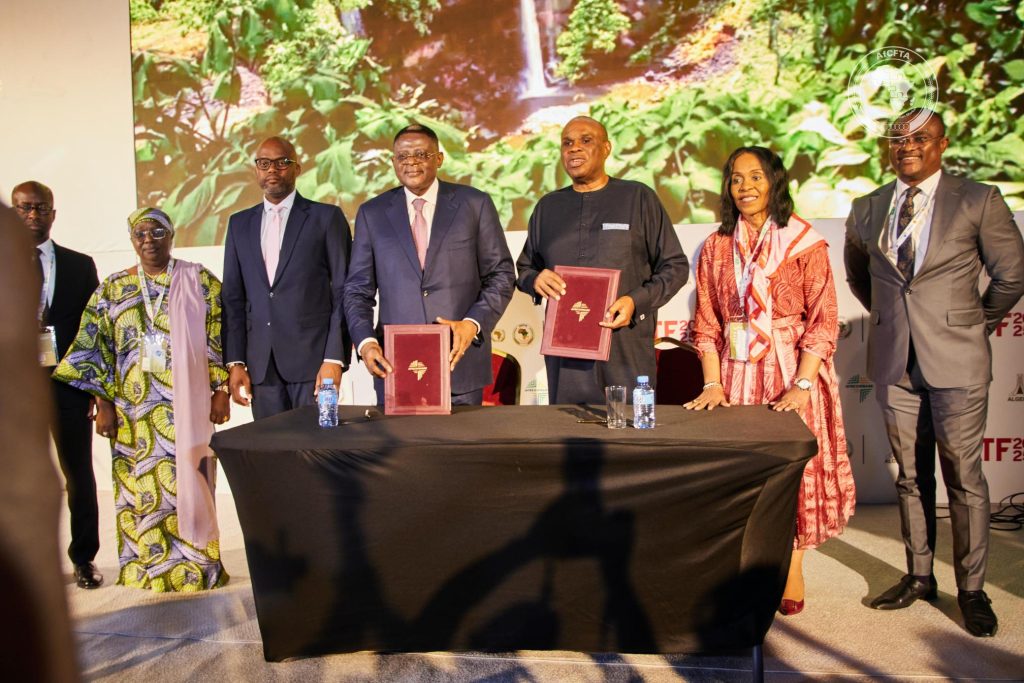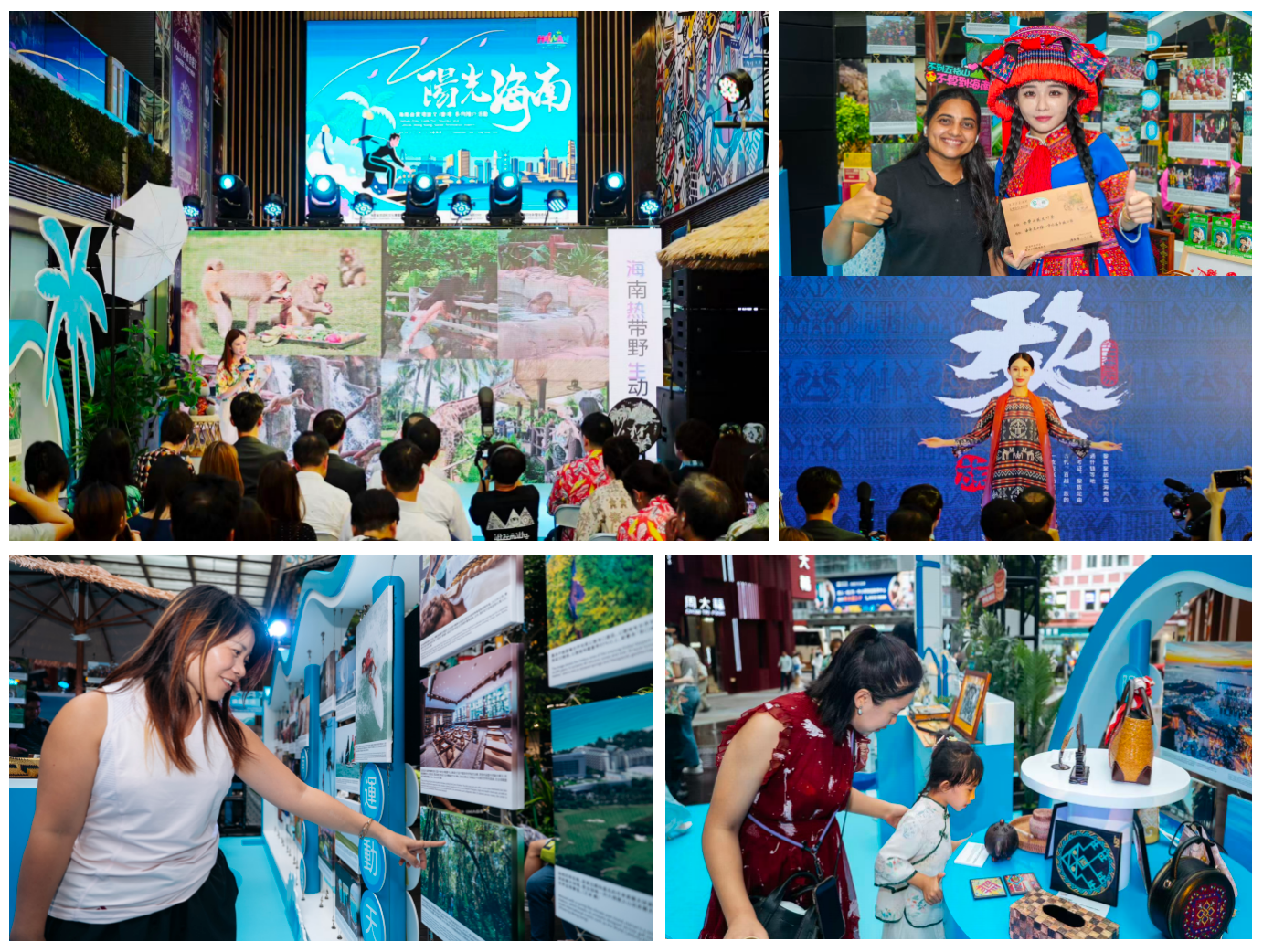In a landmark initiative aimed at fostering economic empowerment and gender equality, Nigeria’s First Lady, Senator Oluremi Tinubu, in collaboration with the Tony Elumelu Foundation (TEF), has disbursed a N25 million business grant to women entrepreneurs in Kogi State. This transformative program, executed under the Renewed Hope Initiative (RHI), seeks to uplift women by providing financial support to bolster their small and medium-scale enterprises (SMEs). The grant, awarded to 50 women from Kogi State, is a testament to the commitment of both the First Lady and TEF to drive inclusive economic growth, alleviate poverty, and empower women as key contributors to Nigeria’s socio-economic development.
A Strategic Partnership for Empowerment
The collaboration between the First Lady’s Renewed Hope Initiative and the Tony Elumelu Foundation represents a powerful synergy between public leadership and private-sector philanthropy. The Renewed Hope Initiative, championed by Senator Oluremi Tinubu, is a flagship program designed to address critical socio-economic challenges faced by vulnerable populations, particularly women, children, and youth. By focusing on education, health, and economic empowerment, RHI aims to create sustainable pathways for marginalized groups to thrive in an increasingly competitive world.
The Tony Elumelu Foundation, founded by renowned Nigerian entrepreneur and philanthropist Tony Elumelu, is globally recognized for its commitment to fostering entrepreneurship across Africa. Since its inception, TEF has empowered thousands of young entrepreneurs through its entrepreneurship program, providing seed funding, mentorship, and business training to help transform innovative ideas into sustainable businesses. The foundation’s mission aligns seamlessly with RHI’s objectives, making this partnership a natural fit for advancing women’s economic inclusion.
The N25 million grant, distributed among 50 women entrepreneurs in Kogi State, is part of a broader effort to support women-led businesses across Nigeria. Each beneficiary received N500,000 to scale their enterprises, create jobs, and contribute to the local economy. This initiative not only provides immediate financial relief but also serves as a catalyst for long-term economic transformation in Kogi State and beyond.
The Significance of Empowering Women in Kogi State
Kogi State, located in Nigeria’s North-Central region, is a diverse and strategically important state often referred to as the “Confluence State” due to the meeting point of the Niger and Benue rivers. Despite its rich natural resources and agricultural potential, Kogi faces significant socio-economic challenges, including high levels of poverty, unemployment, and limited access to financial resources for small-scale entrepreneurs. Women, in particular, face systemic barriers such as lack of access to capital, limited business training, and societal expectations that often restrict their economic participation.
Women constitute a significant portion of Kogi’s population and play a vital role in the state’s informal economy, particularly in agriculture, trade, and small-scale manufacturing. However, their contributions are often undervalued, and their businesses struggle to scale due to financial constraints. The N25 million grant addresses these challenges by providing women with the capital needed to expand their businesses, procure equipment, hire additional staff, or explore new markets.
During the grant disbursement ceremony in Lokoja, the capital of Kogi State, Senator Oluremi Tinubu emphasized the transformative power of empowering women. “When you empower a woman, you empower a family, a community, and a nation,” she stated. “This initiative is not just about providing funds; it’s about giving women the tools to build sustainable businesses, create jobs, and inspire others to dream big.”
Details of the Grant Disbursement
The grant distribution event, held at the Government House in Lokoja, was a vibrant celebration of women’s resilience and entrepreneurial spirit. The 50 beneficiaries, carefully selected based on their business potential and commitment to growth, represented a diverse range of sectors, including agriculture, fashion, food processing, and retail. Each woman received N500,000, a significant sum that could make a tangible difference in their operations.
The selection process for the grant was rigorous and transparent, ensuring that only deserving candidates with viable business plans were chosen. Applicants were required to demonstrate the sustainability of their enterprises, their potential for job creation, and their commitment to giving back to their communities. The Tony Elumelu Foundation played a pivotal role in the selection process, leveraging its expertise in identifying high-potential entrepreneurs.
In addition to the financial grant, beneficiaries will receive mentorship and business training from TEF’s network of experts. This holistic approach ensures that the women are not only equipped with capital but also with the knowledge and skills needed to navigate the complexities of entrepreneurship. The training covers critical areas such as financial management, marketing, and digital literacy, which are essential for success in today’s competitive business environment.
Impact on Beneficiaries and Communities
The N25 million grant is expected to have a ripple effect across Kogi State, creating opportunities for economic growth and social development. For the beneficiaries, the funds represent a lifeline to scale their businesses and achieve financial independence. For example, a beneficiary who runs a small-scale poultry farm can use the grant to purchase additional birds, improve infrastructure, or invest in modern farming techniques, thereby increasing productivity and profitability. Similarly, a fashion designer can acquire new sewing machines, expand her workshop, or market her products to a wider audience.
Beyond the individual beneficiaries, the initiative is poised to benefit families and communities. Women entrepreneurs are known to reinvest a significant portion of their income into their households, supporting education, healthcare, and nutrition for their children and dependents. By empowering these women, the program indirectly uplifts entire communities, fostering a culture of self-reliance and economic resilience.
The grant also has the potential to create jobs, as many of the beneficiaries plan to hire additional staff to support their expanding operations. This aligns with the broader goals of the Renewed Hope Initiative and TEF to address unemployment, one of Nigeria’s most pressing challenges. According to the National Bureau of Statistics, Nigeria’s unemployment rate stood at 5.3% in the first quarter of 2025, with women and youth disproportionately affected. Initiatives like this are critical in addressing these disparities and fostering inclusive growth.
Voices from the Beneficiaries
The grant disbursement ceremony was filled with emotional moments as beneficiaries shared their stories of resilience and determination. One recipient, Mrs. Aisha Ibrahim, a mother of three who runs a small food processing business, expressed her gratitude to the First Lady and TEF. “This grant is a game-changer for me,” she said. “I have been struggling to buy new equipment to process my products faster, but now I can do that and even employ two more people to help me. This is a dream come true.”
Another beneficiary, Ms. Grace Adebayo, who operates a tailoring business, highlighted the importance of the mentorship component. “The money is wonderful, but the training we will receive will help us sustain our businesses for years to come,” she noted. “I want to make my business a brand that people recognize, not just in Kogi but across Nigeria.”
These stories underscore the transformative potential of the initiative, not only in financial terms but also in boosting the confidence and aspirations of women entrepreneurs. By providing them with both capital and knowledge, the program empowers them to take charge of their futures and contribute meaningfully to society.
Broader Context: Women’s Empowerment in Nigeria
The Kogi grant initiative is part of a larger movement to promote women’s economic empowerment in Nigeria. Women make up nearly half of Nigeria’s population, yet they face significant barriers to economic participation, including limited access to finance, education, and markets. According to the World Bank, only 28% of women in Nigeria have access to formal financial services, compared to 44% of men. This gap limits their ability to start or grow businesses, perpetuating cycles of poverty and inequality.
The Nigerian government, under President Bola Ahmed Tinubu’s administration, has prioritized gender equality and women’s empowerment as key pillars of its development agenda. The Renewed Hope Initiative, led by the First Lady, complements these efforts by focusing on grassroots interventions that directly impact women and vulnerable groups. Similar grant programs have been rolled out in other states, demonstrating a commitment to nationwide impact.
The partnership with TEF also highlights the growing role of the private sector in addressing social challenges. Tony Elumelu’s Africapitalism philosophy, which emphasizes the private sector’s role in driving economic and social progress, is evident in this initiative. By investing in women entrepreneurs, TEF is not only fostering economic growth but also creating a model for sustainable development that can be replicated across Africa.
Challenges and Opportunities
While the N25 million grant is a significant step forward, it is not without challenges. Ensuring the sustainability of the beneficiaries’ businesses will require ongoing support beyond the initial funding. Access to markets, affordable raw materials, and reliable infrastructure, such as electricity and transportation, remain critical hurdles for entrepreneurs in Kogi State. The government and its partners must work to address these systemic issues to maximize the impact of the grant.
Additionally, the scale of the program, while impactful, is limited compared to the vast number of women entrepreneurs in need of support. With millions of women engaged in small-scale businesses across Nigeria, expanding such initiatives to reach more beneficiaries will be crucial. This could involve increasing funding, forging additional partnerships, or leveraging technology to deliver training and resources more efficiently.
On the opportunity side, the success of this initiative could serve as a blueprint for similar programs in other states and regions. By documenting the outcomes and sharing best practices, the First Lady and TEF can inspire other stakeholders to invest in women’s entrepreneurship. Furthermore, the focus on mentorship and training sets a strong foundation for long-term success, ensuring that beneficiaries are equipped to navigate future challenges.
Looking Ahead
The N25 million grant to Kogi women entrepreneurs is a beacon of hope in a country grappling with economic challenges. As Nigeria navigates inflation, currency fluctuations, and other macroeconomic pressures, empowering women to drive economic growth at the grassroots level is a strategic move. Women-led businesses have the potential to stabilize local economies, create jobs, and foster innovation, contributing to Nigeria’s broader development goals.
The First Lady and TEF have expressed their commitment to sustaining this initiative. Plans are underway to replicate the program in other states, with a focus on reaching underserved communities. The Tony Elumelu Foundation has also pledged to continue providing mentorship and networking opportunities to ensure that beneficiaries remain connected to a supportive ecosystem.
In her closing remarks at the ceremony, Senator Oluremi Tinubu urged the beneficiaries to seize this opportunity to transform their lives and communities. “You are the backbone of our nation,” she said. “Use this grant wisely, grow your businesses, and inspire others to follow in your footsteps. Together, we can build a stronger, more prosperous Nigeria.”
Conclusion
The collaboration between Nigeria’s First Lady, Senator Oluremi Tinubu, and the Tony Elumelu Foundation marks a significant milestone in the journey toward women’s economic empowerment. By providing N25 million to 50 women entrepreneurs in Kogi State, this initiative not only addresses immediate financial needs but also lays the groundwork for sustainable economic growth. The combination of financial support, mentorship, and training equips these women to overcome barriers, scale their businesses, and contribute to their communities.
As Nigeria continues to grapple with economic and social challenges, initiatives like this offer a glimpse of what is possible when public and private sectors unite for a common cause. The success of these 50 women will inspire countless others, creating a ripple effect that extends far beyond Kogi State. With continued investment and support, women entrepreneurs can become the driving force behind Nigeria’s economic transformation, proving that empowering women is not just a moral imperative but a catalyst for national progress


